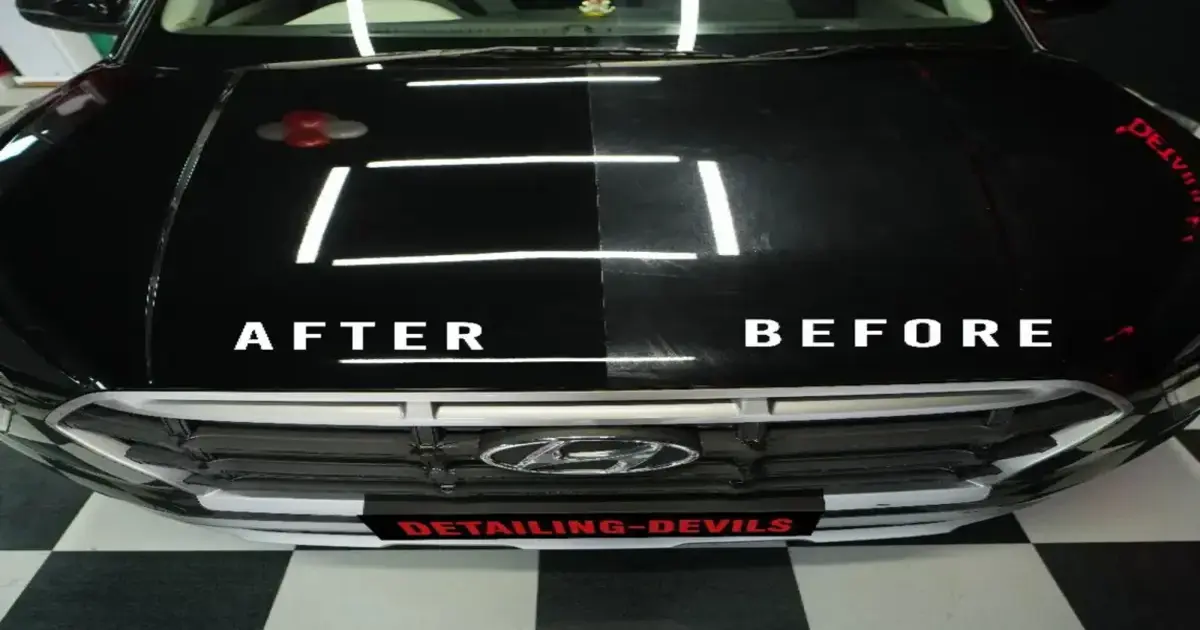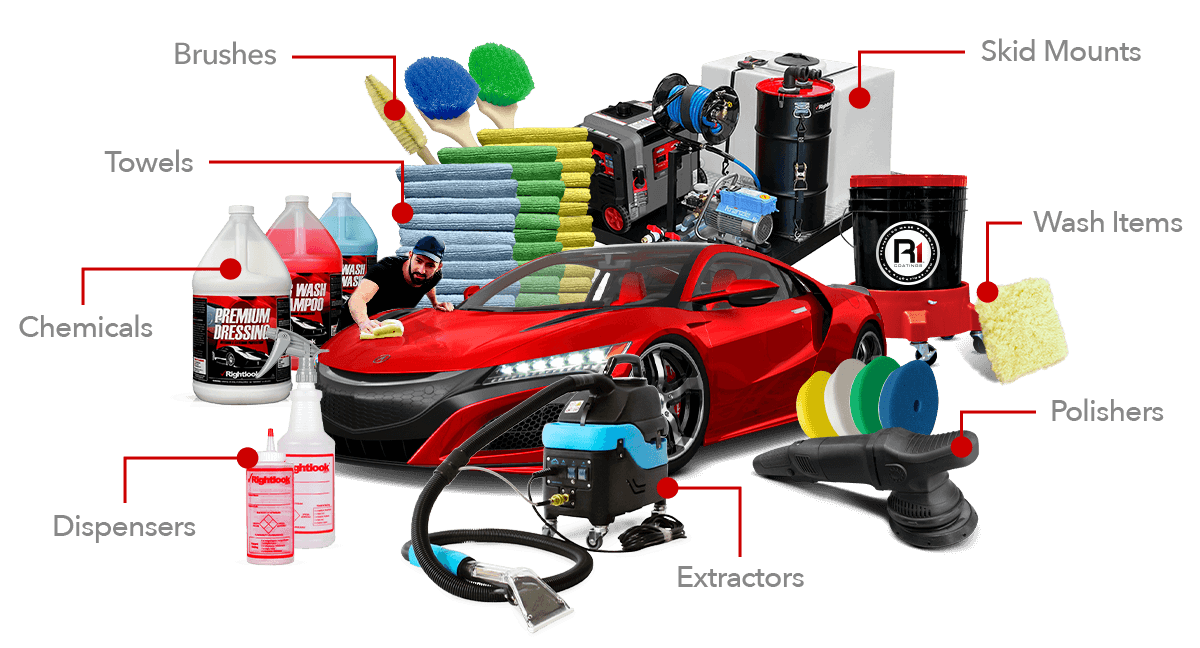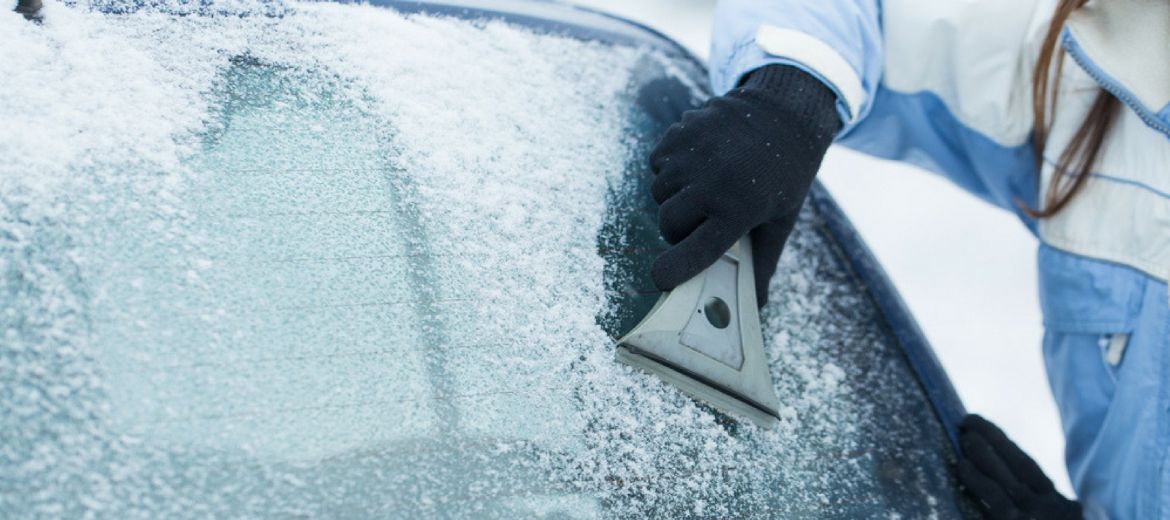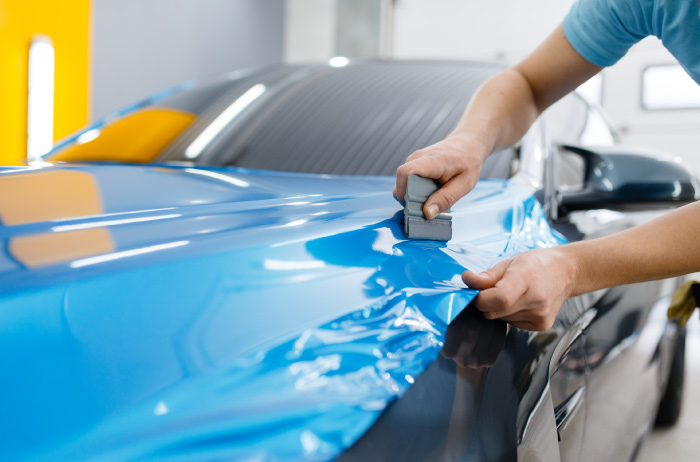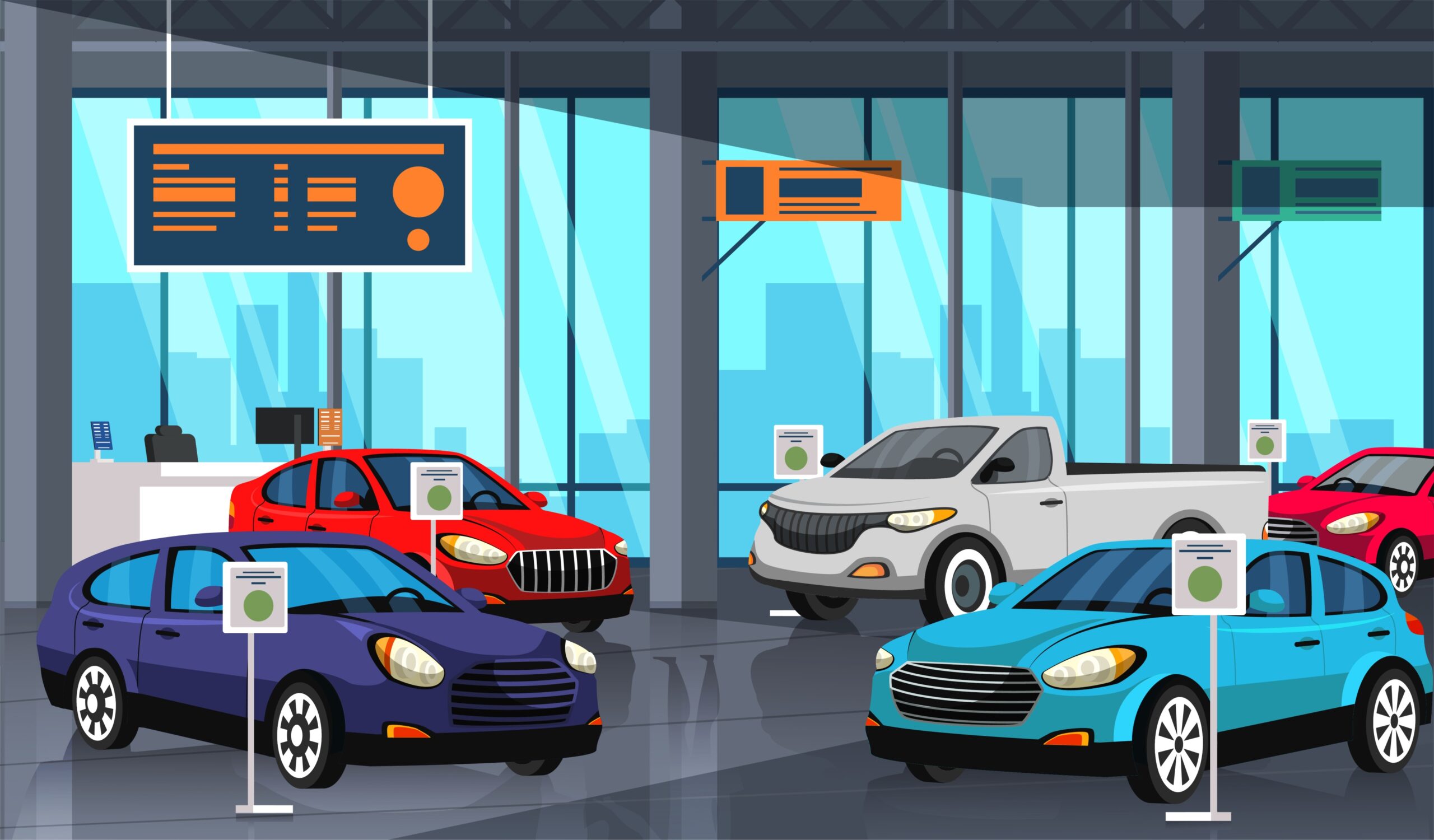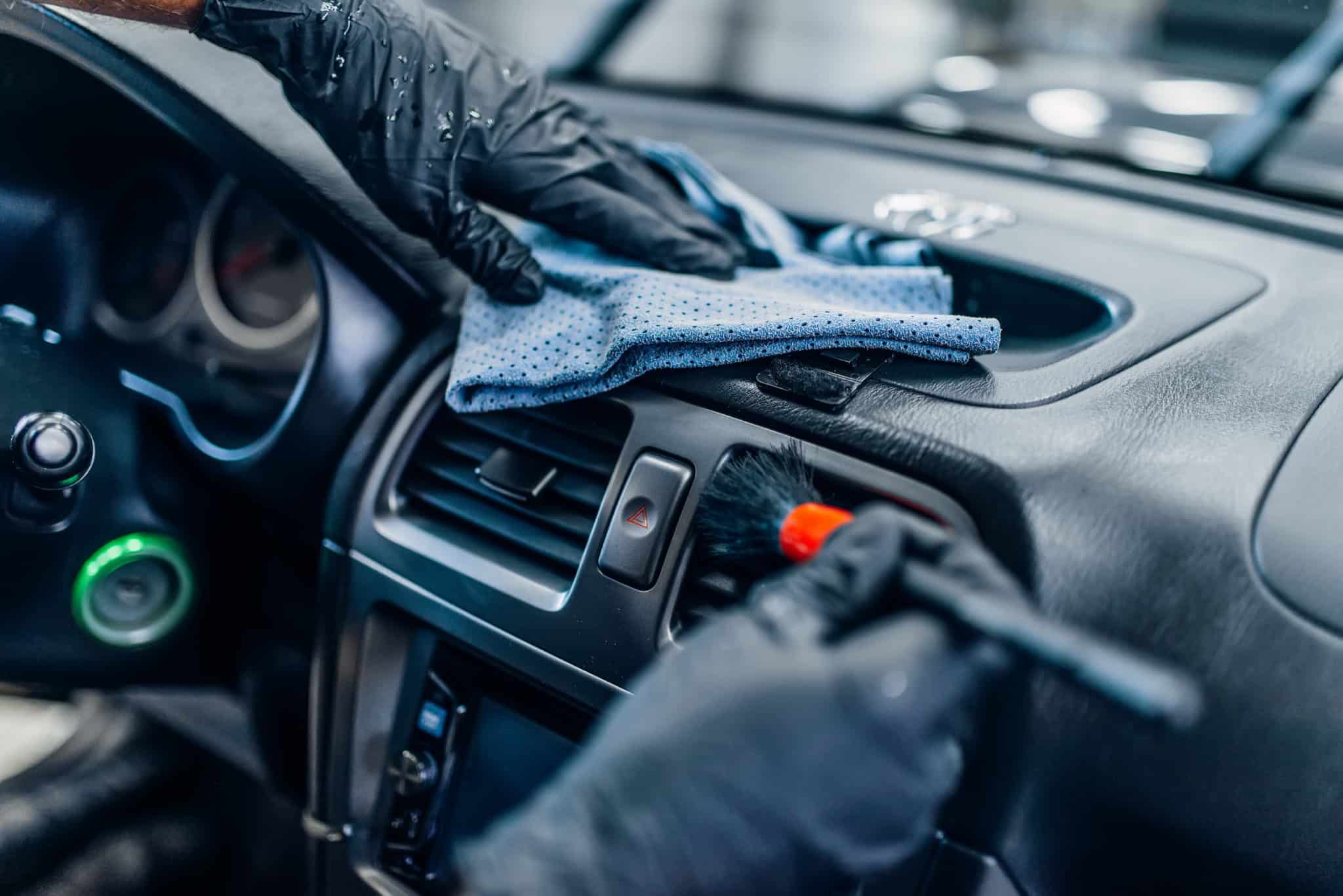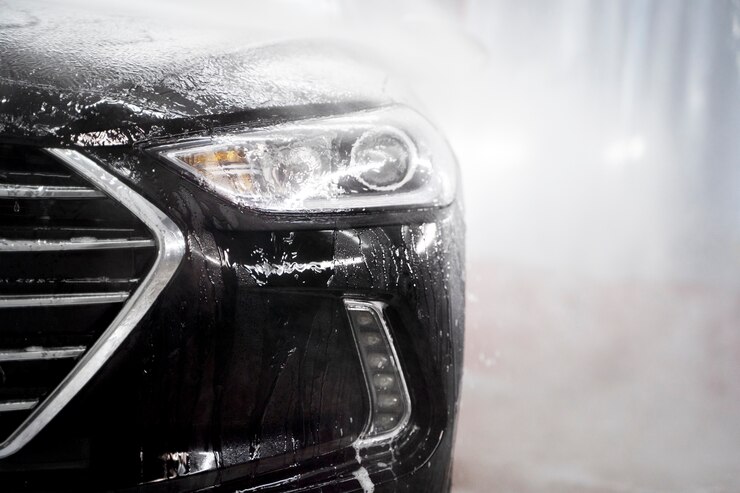Table of Contents
Introduction of DIY vs Professional Car Wash
Keeping your car clean is more than just about looks; it’s about maintaining your vehicle’s value and ensuring its longevity. Whether you’re a DIY enthusiast or prefer the ease of professional services, washing your car is a crucial part of car ownership. So, which is better: DIY car wash or professional car wash? Let’s dive in and find out!
Benefits of a Clean Car
Enhanced Aesthetic Appeal
A clean car simply looks better. It reflects your pride in ownership and can make a good impression on passengers and onlookers.
Protection of Paint and Finish
Regular washing removes dirt, grime, and contaminants that can damage your car’s paint and finish. This helps prevent rust and corrosion, keeping your car looking newer for longer.
Improved Resale Value
A well-maintained car retains its value better than one that looks neglected. Regular cleaning and maintenance can significantly boost your car’s resale value.
DIY Car Wash
Cost-Effectiveness
One of the biggest advantages of washing your car at home is the cost savings. You avoid paying for professional services and can use the supplies you have on hand.
Flexibility and Convenience
Washing your car at home allows you to do it on your schedule. You’re not bound by the operating hours of a professional car wash.
Personal Satisfaction and Control
There’s a certain satisfaction that comes from doing the job yourself. You have complete control over the process and can ensure every detail meets your standards.
Steps for an Effective DIY Car Wash
Gather Your Supplies
Start with the right tools: a bucket, car shampoo, microfiber towels, a wash mitt, and a hose.
Pre-Rinse the Car
Rinse off loose dirt and debris with water to prevent scratches during washing.
Wash with Car Shampoo
Use a car-specific shampoo and a wash mitt to gently clean the surface. Work from the top down to avoid dragging dirt over clean areas.
Rinse Thoroughly
Rinse off all the soap and residue to prevent streaks and spots.
Drying the Car
Use microfiber towels to dry the car, preventing water spots and streaks.
Applying Wax or Sealant
Finish with a wax or sealant to protect the paint and give your car a glossy finish.
Common Mistakes in DIY Car Wash
Using Household Detergents
Avoid using dish soap or other household detergents as they can strip the wax and damage the paint.
Washing in Direct Sunlight
Wash your car in the shade to prevent water spots and soap drying too quickly.
Neglecting to Dry Properly
Leaving the car to air dry can result in water spots and streaks. Always dry your car with a clean, microfiber towel.
Professional Car Wash
Advanced Equipment and Techniques
Professional car washes use advanced equipment and techniques that can achieve a deeper clean than most DIY methods.
Time-Saving
Professional services are quick and efficient, often taking a fraction of the time it would take to wash your car at home.
Comprehensive Cleaning Services
From exterior washing to interior detailing, professional car washes offer a range of services to keep your car looking its best.
Types of Professional Car Wash Services
Automatic Car Wash
Convenient and quick, automatic car washes are popular for their efficiency.
Touchless Car Wash
These use high-pressure water and chemicals to clean your car without physical contact, reducing the risk of scratches.
Hand Car Wash
Offering the most meticulous cleaning, hand car washes are performed by professionals who pay attention to every detail.
Cost Comparison: DIY vs Professional
Initial Costs
DIY car washing requires an initial investment in supplies, but these can last for multiple washes.
Recurring Expenses
While DIY costs are minimal after the initial setup, professional car washes can add up over time.
Long-Term Investment
Consider the long-term benefits: professional washes may offer better protection and maintenance, potentially saving money on repairs and repaints.
Environmental Impact
Water Usage
Professional car washes often use less water than DIY methods due to efficient recycling systems.
Chemical Runoff
Professional services are more likely to use environmentally-friendly products and have proper disposal systems for runoff.
Eco-Friendly Options
Many professional car washes now offer eco-friendly options that use less water and biodegradable products.
Quality of Results
Consistency in Professional Services
Professionals provide consistent results with high-quality equipment and trained staff.
Variability in DIY Results
DIY results can vary based on your skills, tools, and attention to detail.
Time Investment
Time Spent on DIY Wash
DIY washing can be time-consuming, especially if you’re meticulous.
Convenience of Professional Services
Professional car washes save time and effort, allowing you to focus on other tasks while your car is cleaned.
Maintenance Tips for a Clean Car
Regular Washing Schedule
Stick to a regular washing schedule to keep your car in top condition.
Interior Cleaning
Don’t forget the inside! Regularly vacuum and wipe down surfaces to maintain a clean interior.
Seasonal Considerations
Adjust your washing routine based on the season, with more frequent washes in winter to remove salt and grime.
Safety Considerations
Handling Chemicals Safely
Whether DIY or professional, ensure chemicals are handled safely to avoid damage to your car and health hazards.
Avoiding Scratches and Swirls
Use the right tools and techniques to avoid damaging your car’s paint during the washing process.
Consumer Preferences
Survey Data on Car Wash Preferences
Studies show varied preferences, with some car owners valuing the cost savings of DIY, while others prefer the convenience and quality of professional services.
Personal Stories and Testimonials
Many car owners share positive experiences with both DIY and professional car washes, emphasizing the importance of finding what works best for you.
Conclusion
Both DIY and professional car washes have their merits. If you enjoy the process and want to save money, DIY might be for you. However, if you value your time and want professional results, a professional car wash is the way to go. Ultimately, the choice depends on your personal preferences and priorities.
FAQs
How often should I wash my car?
It depends on your driving habits and environment, but generally, every two weeks is a good rule of thumb.
Is it cheaper to wash my car at home?
Yes, DIY car washing can be more cost-effective, especially in the long run.
What are the environmental impacts of car washing?
Professional car washes often use less water and manage chemical runoff better than DIY methods.
Can a professional car wash damage my car?
While rare, damage can occur if the equipment is not maintained properly. Choosing a reputable service can minimize this risk.
What’s the best method for a streak-free finish?
Using microfiber towels and drying the car immediately after washing can help achieve a streak-free finish.

